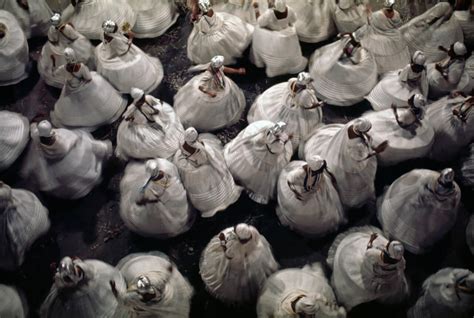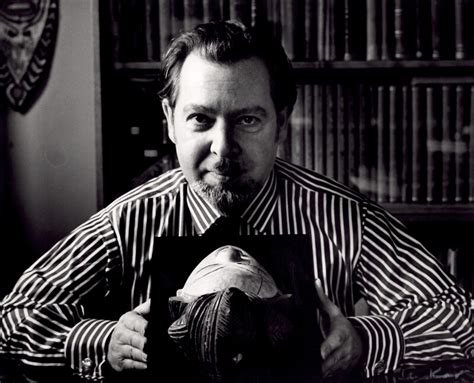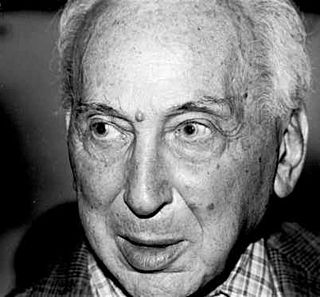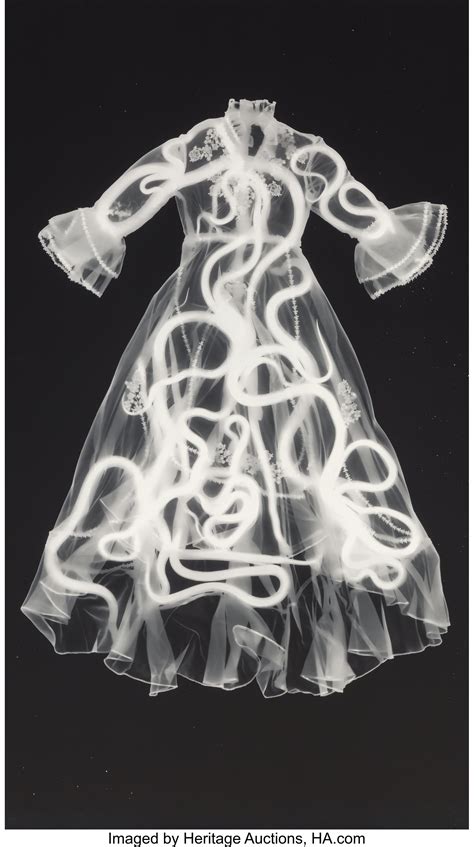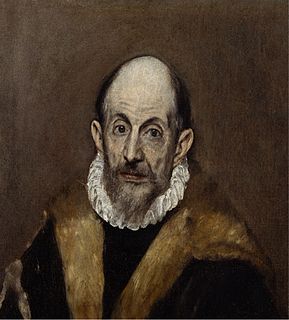A Quote by Bruno Barbey
Photography is the only language that can be understood anywhere in the world.
Quote Topics
Related Quotes
Photography is the only “language” understood in all parts of the world, and bridging all nations and cultures, it links the family of man. Independent of political influence - where people are free - it reflects truthfully life and events, allows us to share in the hopes and despair of others, and illuminates political and social conditions. We become the eye-witnesses of the humanity and inhumanity of mankind . . .
There was a language in the world that everyone understood, a language the boy had used throughout the time that he was trying to improve things at the shop. It was the language of enthusiasm, of things accomplished with love and purpose, and as part of a search for something believed in and desired.
No one really understood music unless he was a scientist, her father had declared, and not just a scientist, either, oh, no, only the real ones, the theoreticians, whose language was mathematics. She had not understood mathematics until he had explained to her that it was the symbolic language of relationships. "And relationships," he had told her, "contained the essential meaning of life."
I was attracted to photography because it was technical, full of gadgets, and I was obsessed with science. But at some point around fifteen or sixteen, I had a sense that photography could provide a bridge from the world of science to the world of art, or image. Photography was a means of crossing into a new place I didn't know.
